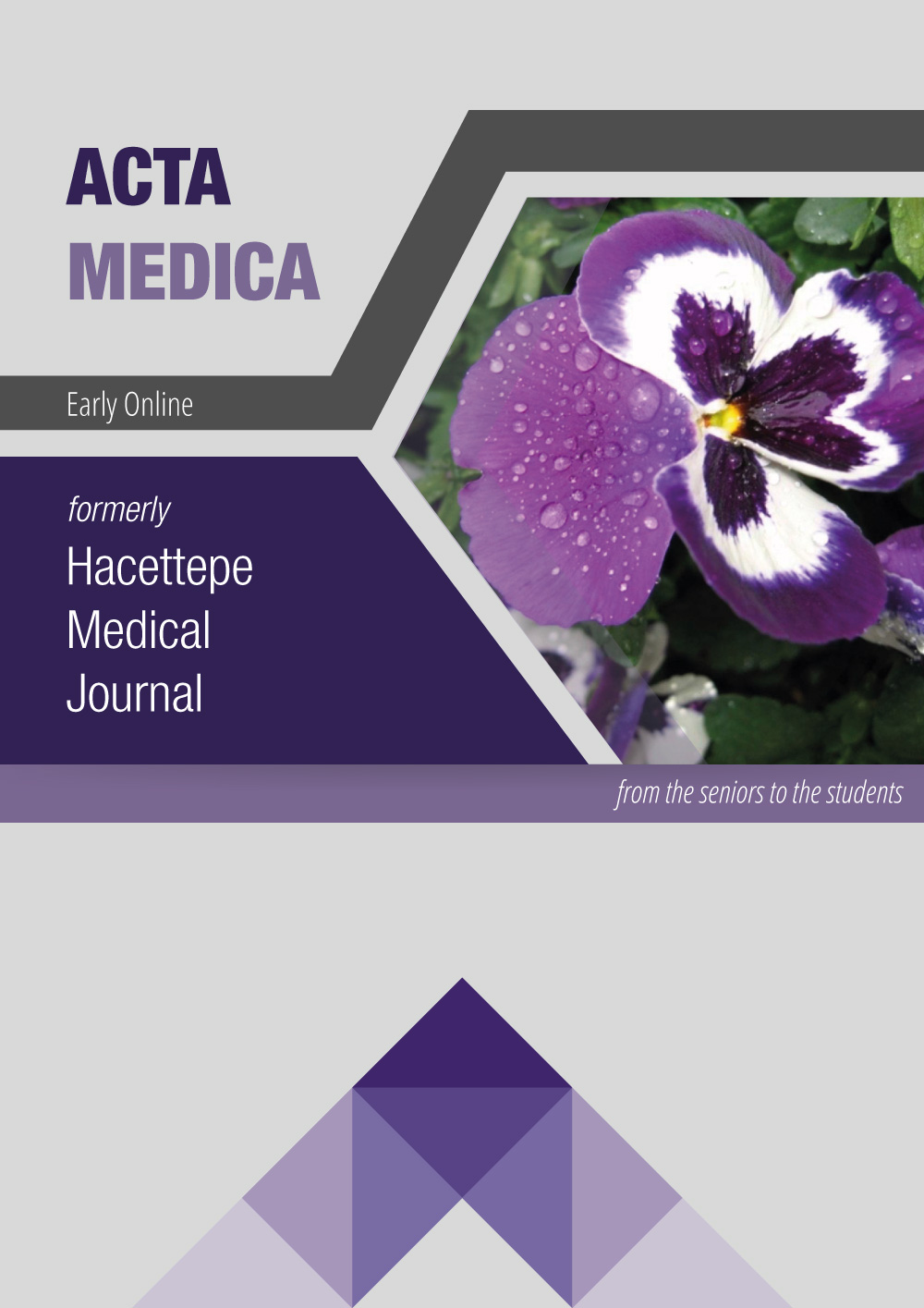Antibiotic Knowledge, Attitude and Practice of Use Among Early Years Medical and Non-medical Students in Tanzania
DOI:
https://doi.org/10.32552/0.ActaMedica.453Abstract
Background and aim of the study: Antimicrobial resistance (AMR) has been called one of the greatest threats of the century worldwide. Self-treatment with antibiotics impacts the most on AMR. High-income countries have been conscious of the problem for several years, while Tanzania shows the increasing trend of self-medication with antibacterial. We aimed to assess and compare knowledge and antibiotics use experience among Tanzanian medical (MD) and non-medical (non-MD) students. Methods: The current study was conducted in the largest Tanzanian university, the University of Dodoma. The study was based on questionnaire survey, which included questions regarding knowledge and experience of use of antibiotics, and socioeconomic situation of the respondent. Results: Medical students were found to be more educated about antimicrobials. Although no significant difference in antibiotics use among MD and non-MD was observed and MD had slightly higher percentage of self-treatment experience, factors associated with the self-treatment were different: educational for medical students and economic factor for non-medical. Analysis of antibiotic trends showed Ampicillin, Amoxicillin and others from Penicillin group to be the most popular among both of groups. Nevertheless, many students confused antibiotics, pain killers and antiallergic drugs. Conclusion: In general, results could have been predicted. The higher prevalence of self-treatment among early-years MD students, AMR illiteracy and common attitude to antibiotics proved again the necessity of antibiotic use guidance and control in the country.

